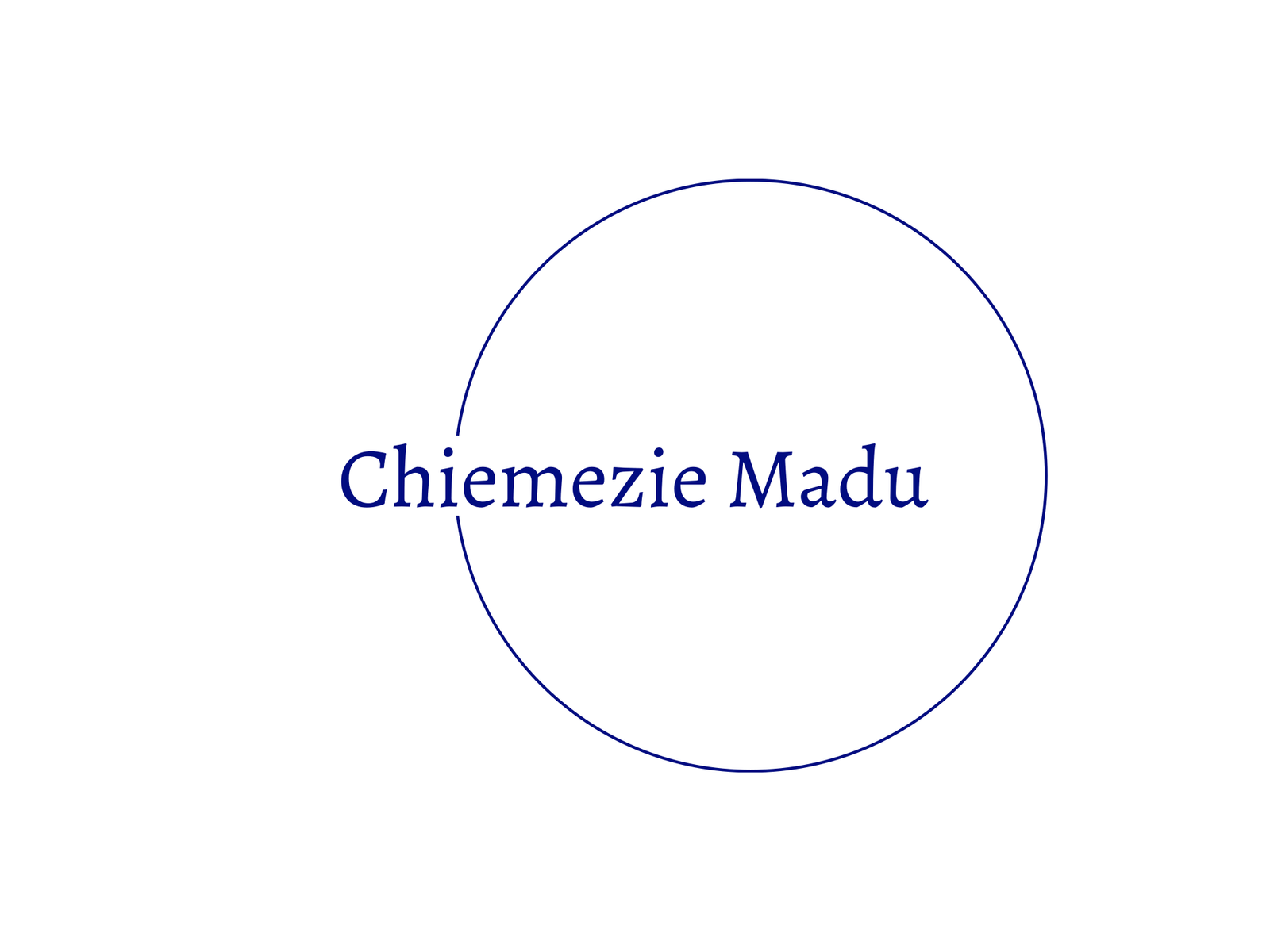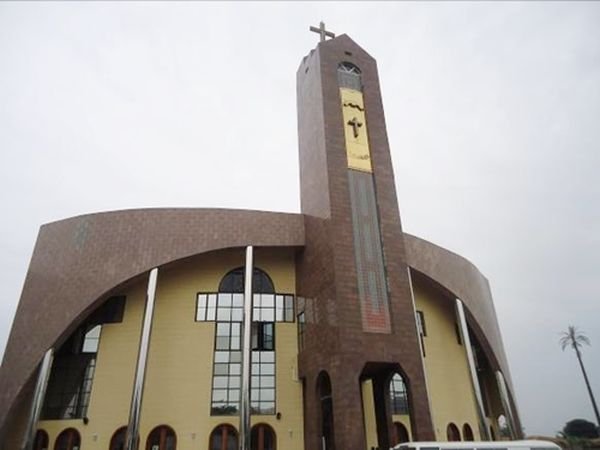Recently a video has been making the rounds on social media about a Catholic priest in Ikorodu Lagos state, who allegedly ‘banned’ the singing of Igbo hymns in his parish. Expectedly, it has generated a lot of harsh reactions and criticisms across the country, especially among the Igbos. The priest is accused of harboring a deep-seated hatred for the Igbos.

I have carefully listened to the 2-minute video in circulation and share my perspective as follows. Firstly I think the full picture of what transpired is not in the public domain and that video clip doesn’t tell the full story, especially as we have not heard the priest’s side of the story. However from the little we know I think certain assumptions can be made before undertaking any analysis. Since we are in the dark about the full story, one must admit that there is a very high probability that these assumptions could be wrong, and that they would differ from one person to another depending on varying perceptions of the event.
In my analysis, I assume that the issue at stake is the dominance of Igbo hymns during mass, in the presence of other non-Igbo parishioners, and that it is probably a longstanding one. I have purposely skipped an assumption of the proportion of Igbo and non-Igbo parishioners in the church and I will explain the reason later.
With these assumptions in mind, I condemn the priest’s approach to resolving the issue especially as he spoke angrily (is this anger deep-seated against the Igbos, or is it superficial and specifically targeted at the issue at hand?, I cannot tell). His use of unsavory remarks such as ‘if you know that you are more than God continue talking’ and threatening people with the wrath of God are also condemnable and unbefitting of a Catholic priest. One would expect that issues like this can be amicably resolved by the priest and the parish council or catechist in the priest’s office. But again, we do not have the full picture.
However I choose to focus on the crux of the matter, which is the dominance of Igbo hymns at mass. To contextualize the issue, you will recall that the the parish priest is non-Igbo and that the church is situated in a non-Igbo state, with non-Igbos in attendance, in a country where the universal language is not Igbo. I therefore think that it is intolerant, and bordering on unfair, to render ‘most’ songs in Igbo in such a scenario, especially as we have the luxury of communicating in English language.
Some have argued that these churches are mostly populated by Igbos, who are also the biggest financiers of the churches. Such reasoning underlies the fundamentals of the intolerance I refer to. In fact, it is in consideration of the fact that the Igbos are in the majority that they should be even more tolerant and accommodating. For what else is tolerance but the ability to forbear.
Someone said the priest and the non-Igbo congregation should be the group tolerating the Igbos. But you can only view tolerance from the prism of oppression. Hear the priest’s words, ‘We are here to evangelize everybody. We are not here to dominate and suppress’. Who is the oppressed/suppressed group here? Those who understand what is being sung at mass or those who do not?

Ironically, the Igbos are the last people who will allow another language dominate their mass at their local parishes. Personally, I will stop attending my village parish if half of the songs are sung in Yoruba or Hausa. Imagine Fulani hymns being the dominant hymns in a church in an Owerri parish, attended by Owerri people, with an Owerri priest! Let’s be realistic. Hear the priest again, ‘if all other tribes sing their songs, will Igbo people come to this church?’. He even gave an instance of when he was prevented from celebrating a burial mass at Awomama because he could not speak Igbo.
Some others argue that the Catholic church is universal and that all languages are permitted in it. Of course this is true, but the issue at stake is the dominance of one language over the other. Dr Reuben Abati on Arise TV buttressed this point by stating that after all catholic masses are said in Latin in Nigeria. But there is a history to this. Latin is the ‘official language’ of the Roman Catholic church hence Latin masses are in reverence to the Holy See. Why don’t we say Masses in Punjabi in Nigeria?
My conclusion is that although the reverend Father was unprofessional in his outburst, the dominance of one language over another (especially in the context created) is a case of religious intolerance. ‘We are here to Evangelize everybody’! It is not as if both sides do not have a unifying language already. The Igbo parishioners should be more accommodating and sing in English. Peace.

